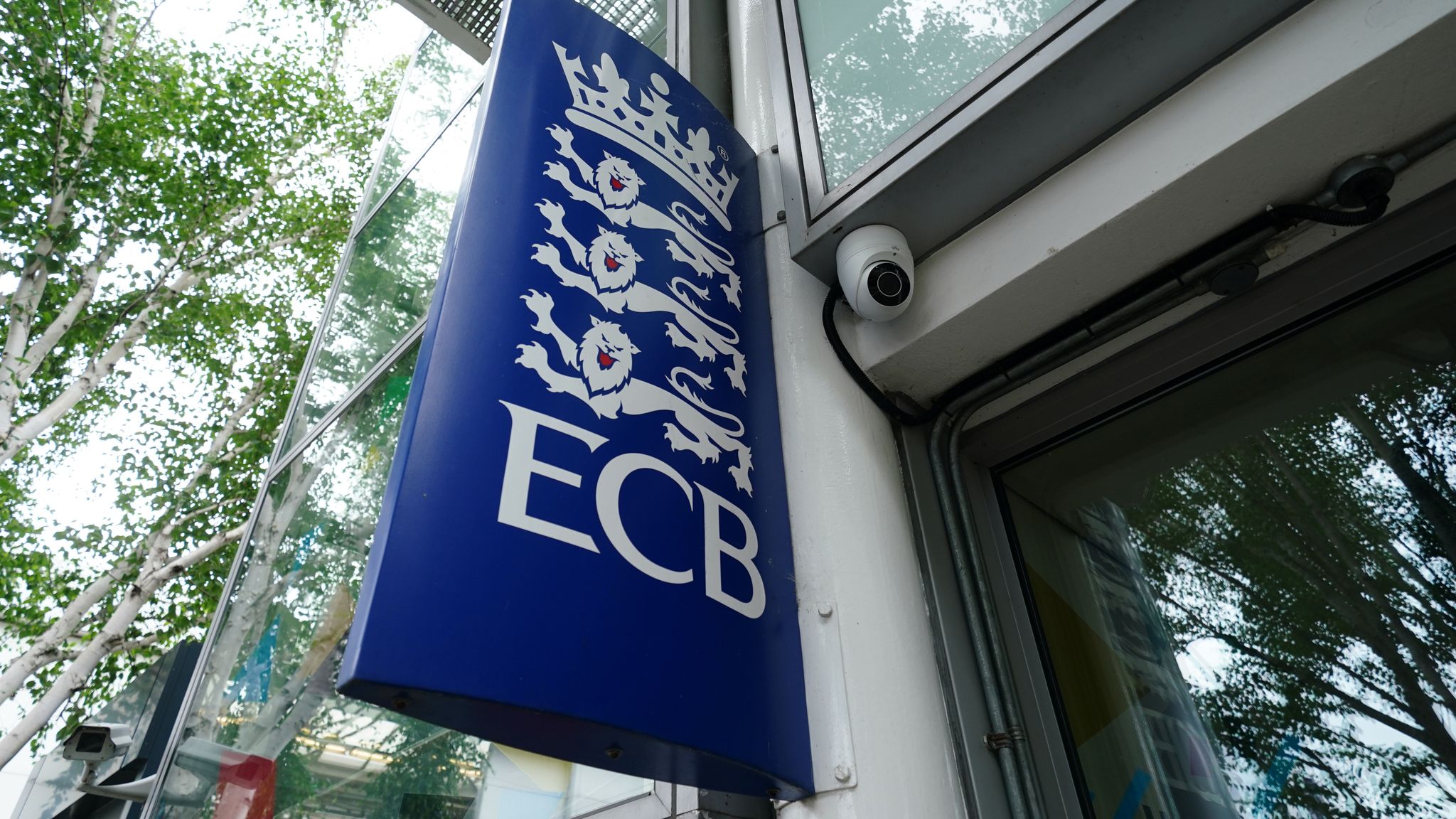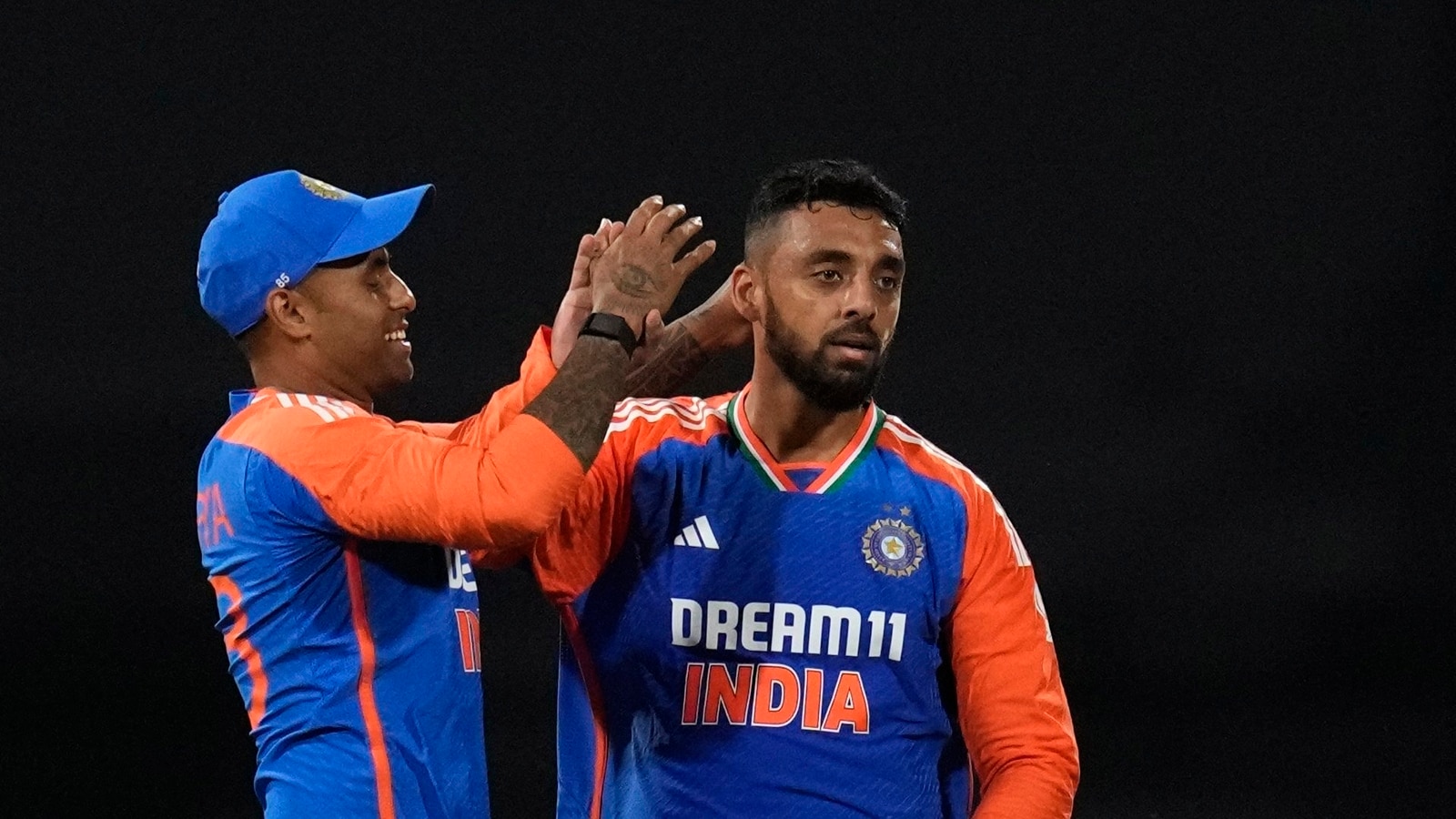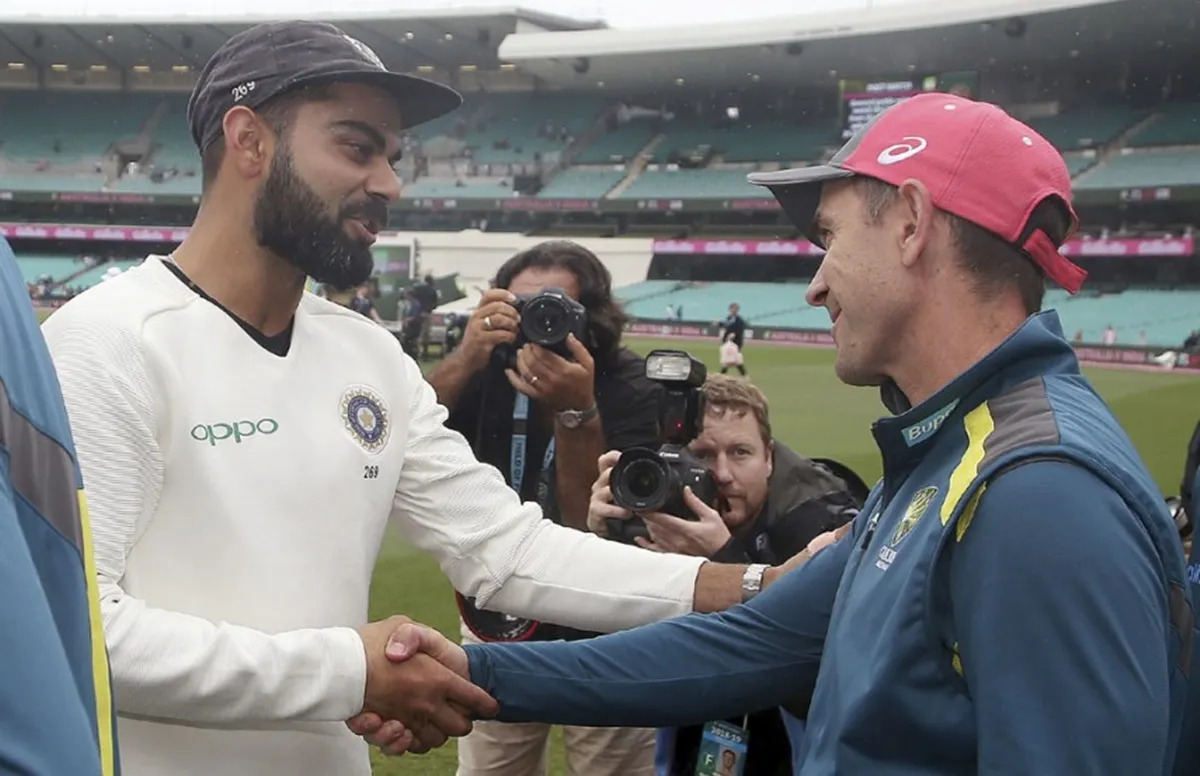Trans women who have experienced male puberty are not permitted to play women’s cricket in England and Wales, according to a recent ruling by the England and Wales Cricket Board (ECB). This ruling is consistent with the ICC’s regulation, which was put into effect last year and prohibits trans women who have experienced male puberty from participating in professional cricket.
The ECB’s previously enforced policy permitting trans women to play professional women’s cricket. The International Cricket Council previously praised the ECB for this regulation, stating that the cases would be appropriately evaluated.
“The ECB has determined that, starting in 2025, it will follow the ICC’s strategy for women’s professional domestic cricket after taking into account the diverse opinions expressed during the consultation, as well as in discussions held in 2023 and the pertinent scientific and medical data. Given that producing international players is one of the main goals of the upper end of the domestic structure, this offers continuity.
In the upcoming months, stakeholders will be consulted to establish the detailed strategy, which is expected to be formally implemented in time for the domestic season in 2025. According to the BBC, it will be applicable to The Hundred Women’s competition and Tiers 1 and 2 of the new women’s domestic structure starting in 2025.
The decision goes against the policies of other domestic boards even though it puts the ECB in line with the ICC’s position. Cricket Australia states that a trans woman must keep her serum testosterone level below 10 nanomoles per litre for at least 12 months in order to compete in women’s professional competitions, even though there are currently no age restrictions on when a transgender player must transition.
Also Read: The ECB’s plan to privatise The Hundred will be delayed
After Danielle McGahey of Canada became the first transgender cricket player to compete at the international level, the ICC decided to exclude trans women from playing elite level cricket.









 Win Projections to be updated soon
Win Projections to be updated soon

















